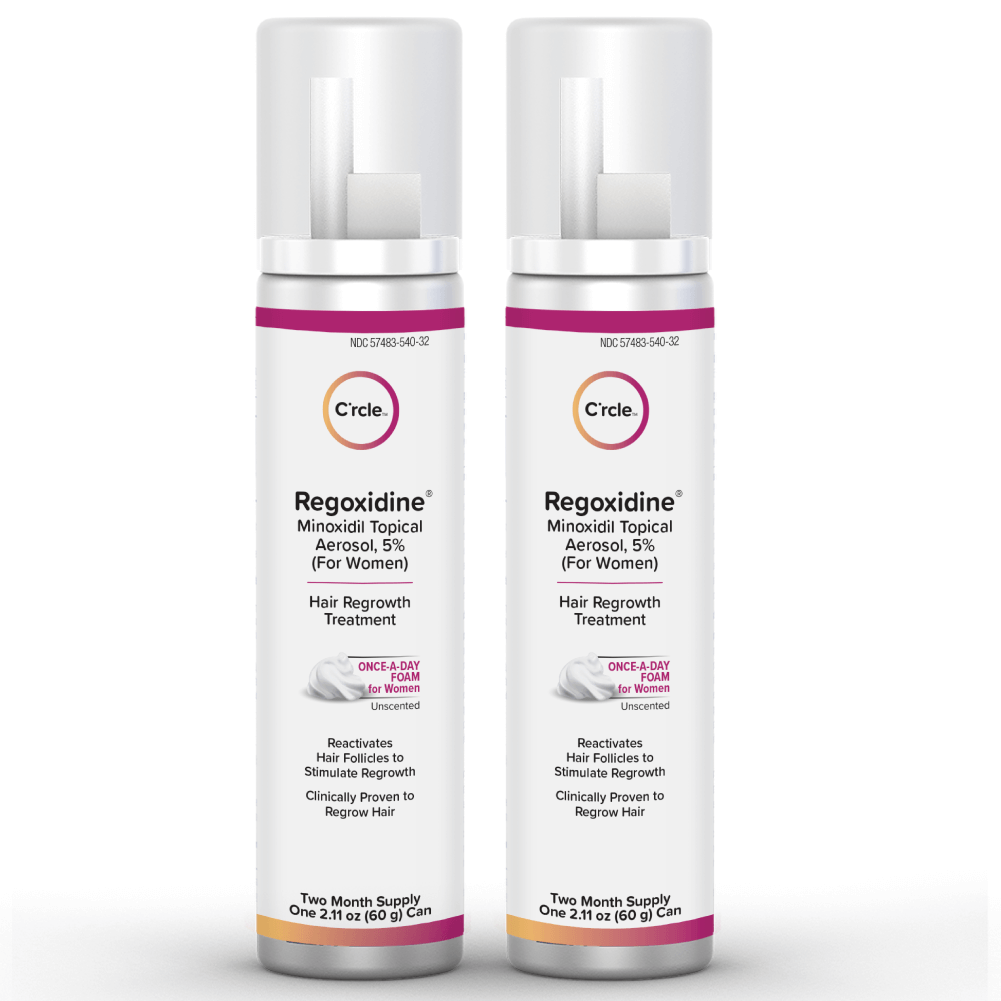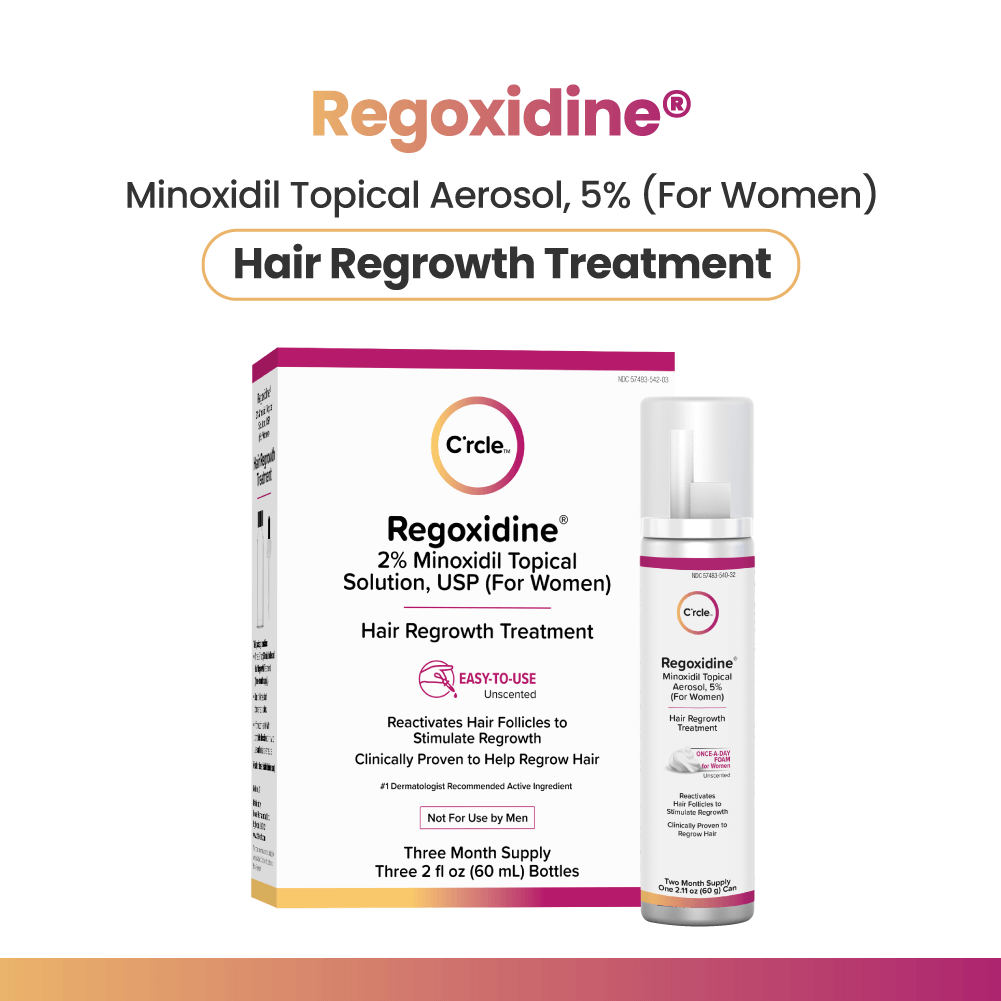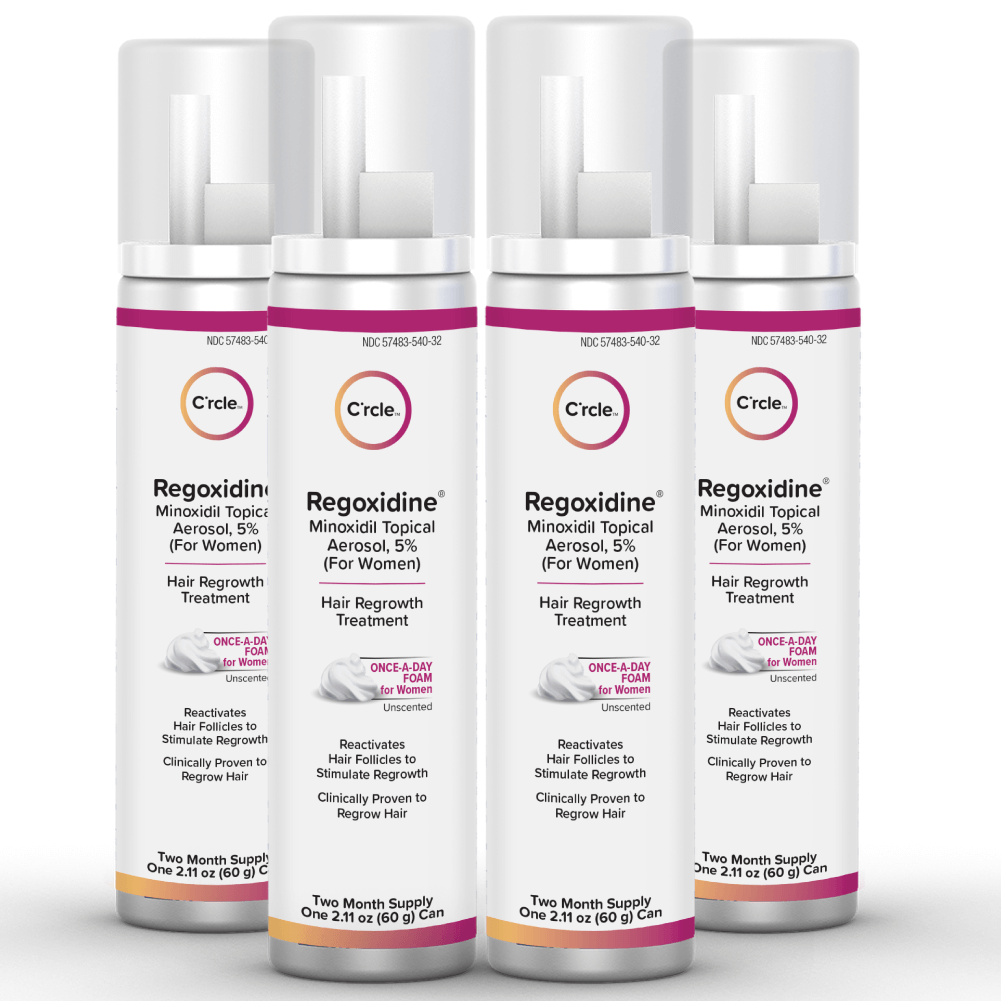a
Filter
FAQ
Minoxidil is a topical medication primarily used to promote hair growth. It was initially developed as an oral medication for high blood pressure, but its hair growth effects were discovered as a side effect. When applied to the scalp, minoxidil widens blood vessels, increases blood flow to hair follicles, and prolongs the hair growth phase.
Yes, antihistamines are generally safe for use in managing seasonal allergies when taken as directed. However, it's essential to follow the recommended dosage and instructions on the medication label or as advised by your healthcare provider. If you have any underlying health conditions or are taking other medications, consult your doctor or pharmacist before using antihistamines.
Some individuals find relief by taking antihistamines preventively before the allergy season starts, especially if they have experienced severe seasonal allergy symptoms in previous years. However, it's essential to consult your healthcare provider before using antihistamines preventively, as they can have side effects, and not everyone may benefit from this approach.
The choice between non-drowsy and regular antihistamines depends on your individual needs and preferences. Non-drowsy antihistamines are designed to cause less sedation, making them suitable for daytime use, while regular antihistamines may be more effective at providing relief but could cause drowsiness. If you plan to be active or drive, consider using non-drowsy options. However, if your allergies significantly impact your sleep, a regular antihistamine taken at night might be more beneficial.
The choice between non-drowsy and regular antihistamines depends on your individual needs and preferences. Non-drowsy antihistamines are designed to cause less sedation, making them suitable for daytime use, while regular antihistamines may be more effective at providing relief but could cause drowsiness. If you plan to be active or drive, consider using non-drowsy options. However, if your allergies significantly impact your sleep, a regular antihistamine taken at night might be more beneficial.
The choice between non-drowsy and regular antihistamines depends on your individual needs and preferences. Non-drowsy antihistamines are designed to cause less sedation, making them suitable for daytime use, while regular antihistamines may be more effective at providing relief but could cause drowsiness. If you plan to be active or drive, consider using non-drowsy options. However, if your allergies significantly impact your sleep, a regular antihistamine taken at night might be more beneficial.
The choice between non-drowsy and regular antihistamines depends on your individual needs and preferences. Non-drowsy antihistamines are designed to cause less sedation, making them suitable for daytime use, while regular antihistamines may be more effective at providing relief but could cause drowsiness. If you plan to be active or drive, consider using non-drowsy options. However, if your allergies significantly impact your sleep, a regular antihistamine taken at night might be more beneficial.
The choice between non-drowsy and regular antihistamines depends on your individual needs and preferences. Non-drowsy antihistamines are designed to cause less sedation, making them suitable for daytime use, while regular antihistamines may be more effective at providing relief but could cause drowsiness. If you plan to be active or drive, consider using non-drowsy options. However, if your allergies significantly impact your sleep, a regular antihistamine taken at night might be more beneficial.











